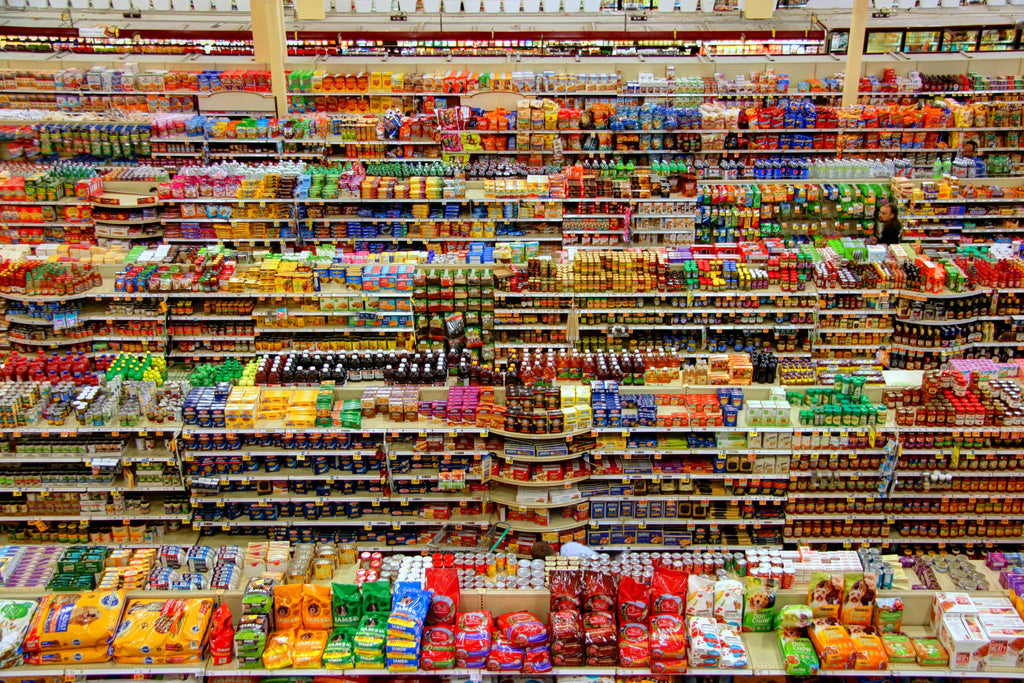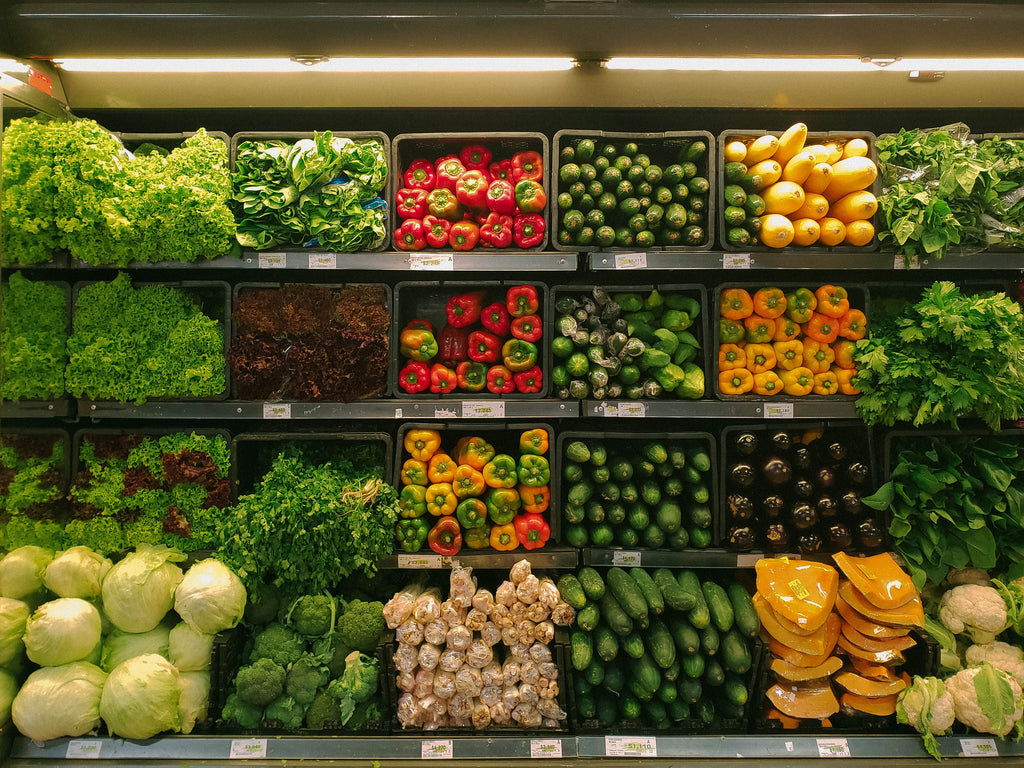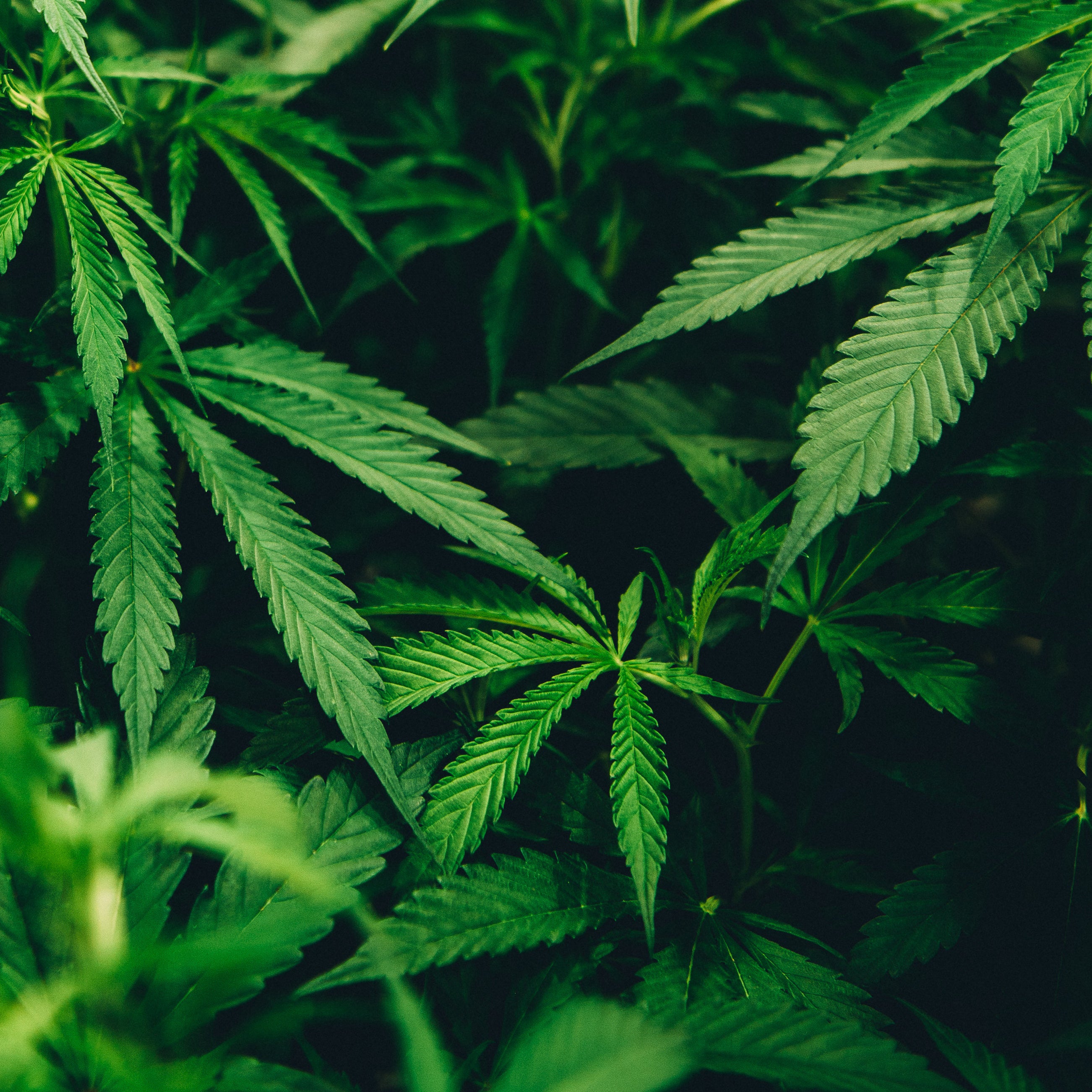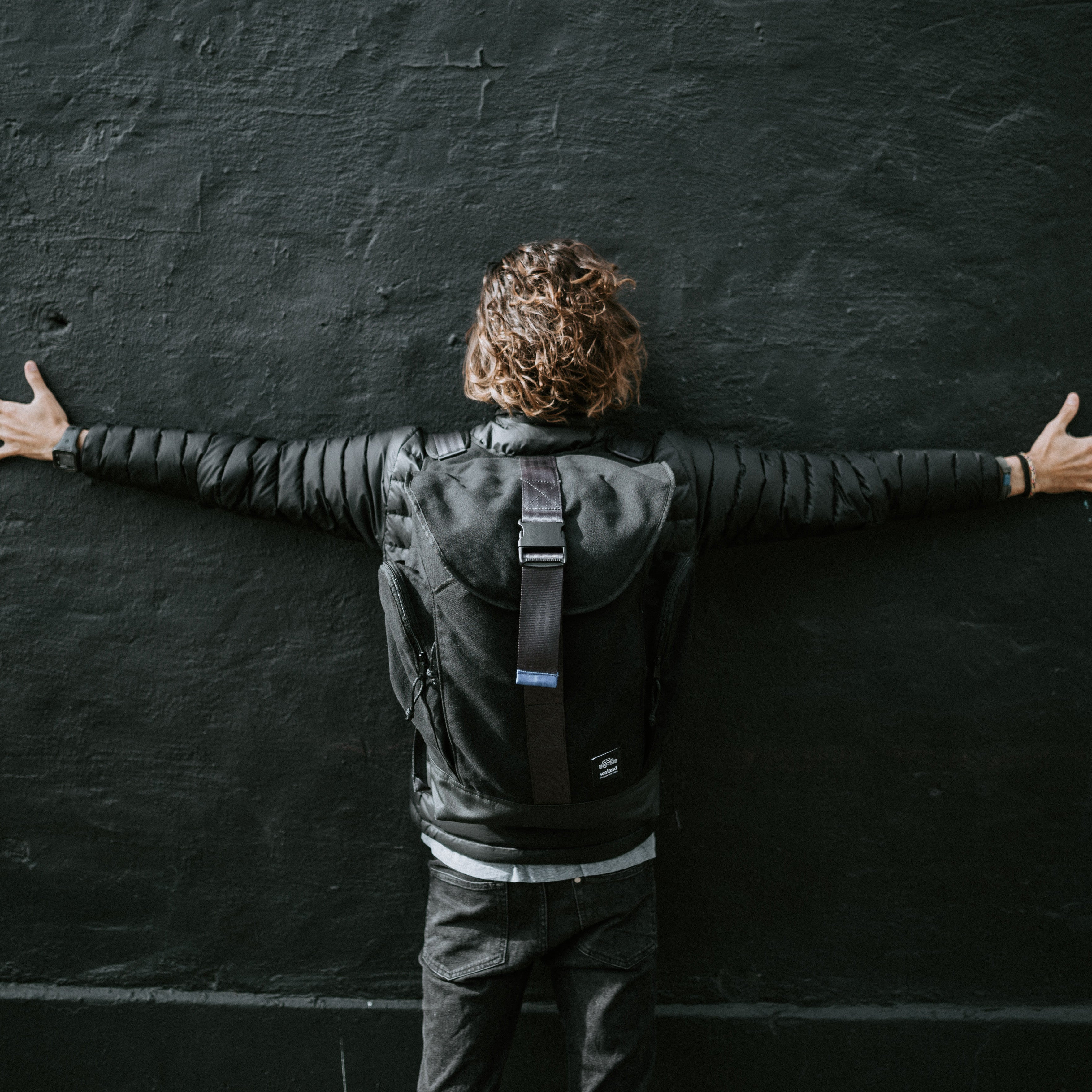In today’s world going plastic free is a monumental task. We see some kind of plastic in almost every product available, and the few products that are plastic free are unaffordable. We at Sealand, however, are of the view that a little goes a long way. Becoming plastic free is not something that happens over-night, nor does it require the aesthetically pleasing, and expensive, items from a store where everyone is barefoot and inevitably has a name containing the word ‘Earth’. Going plastic free should be a ‘one step at a time’ process in reducing your plastic consumption without breaking the bank and, in some cases, actually saving money. In between our own plastic free efforts this month, the Sealand Crew has put together our favourite cost-effective ways to reduce plastic consumption:

Photo Cred: Peter Bond / Unsplash
- Avoid The Worst Offenders
All plastic containers contain a number inside a triangle made of arrows. If you are wondering what they all mean then check out our blog article here. For now, what you need to know is that the worst plastics are:
Number #3: Polyvinyl Chloride which is a highly toxic plastic that contains additives such as lead, and is used in plastic wrap, squeeze bottles, and peanut butter jars.
Number #6: Polystyrene, containing styrene, which is toxic for the brain and nervous system. Polystyrene is used in Styrofoam, disposable dishes and take-out containers.
Number #7: ‘Other’ Category which contains anything that does not fit into the other six categories. These are often harmful plastics that cannot be recycled.
- Reject Single-Use Optional Extras
The war on single-use plastic is in full swing. Most reading this have heard how terrible, and avoidable, single-use plastics are. Despite this, they remain a huge contributor to global plastic pollution. The easiest single-use plastics to cut out are what we call ‘the optional extras’. The obvious culprits are plastic grocery bags, drinking straws, and bottled water. Bring your own shopping bags, buy a re-usable water bottle, and use your lips!
- Eat Real Food
Bad news for those who buy ready-made frozen meals at the grocery store, or who order through their favourite food delivery app every night. Convenience foods are usually more packaging than food. Even the cardboard packaging is often lined with a thin film of plastic that is difficult to recycle. Over and above that, convenience meal options are priced far higher than what it would cost to cook your own food, and they usually contain a myriad of preservatives and flavourants. The move toward buying your own ingredients and cooking from scratch will be good for the environment, your health, and your bank.
- Don’t Buy Pre-Packaged Fruit & Vegetables
Lucky for us, Mother Nature is pretty smart. She has developed a protective system for natural produce so we don’t have too. Fruit and vegetables all come with a layer of skin which foregoes the need for any plastic packaging. There is no need to get one of those fancy ‘produce bags’. Don’t get us wrong, they are great to have but your fruit and veg are perfectly capable of sitting amongst your other groceries in your re-usable shopping bag. Give them a rinse before use, and let the heating process of cooking them take care of any residue germs.
- Buy Bulk
The more items you buy in bulk, the more you will save in packaging. The bulk revolution has been around for a while and, luckily, ordinary supermarkets have adopted it too. It is cheaper to buy certain foods and household items such as laundry detergent in bulk, and it requires less trips to the grocery store. When buying items in bulk you save money, packaging, and petrol.

‘Plastic free’ does not need to mean complete plastic eradication in one go, nor does it need to translate into taking out a second mortgage to keep up with trends. It should mean taking steps, and developing habits, to reduce our plastic consumption in a way that benefits the planet and ourselves.





